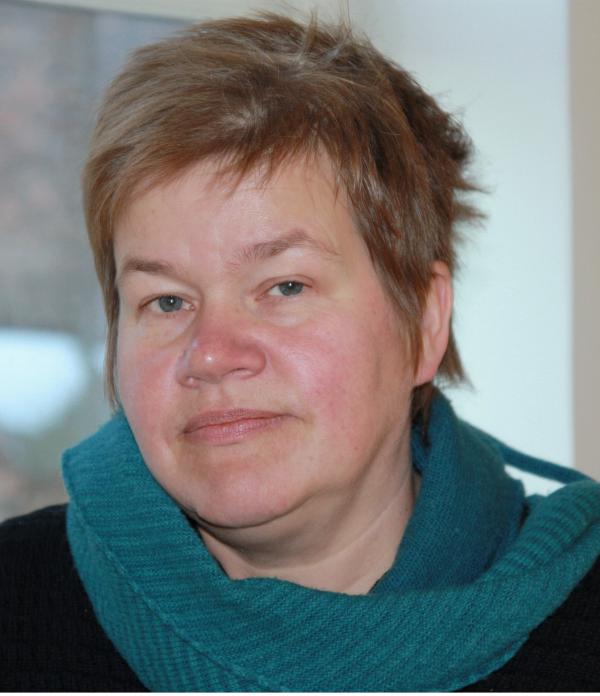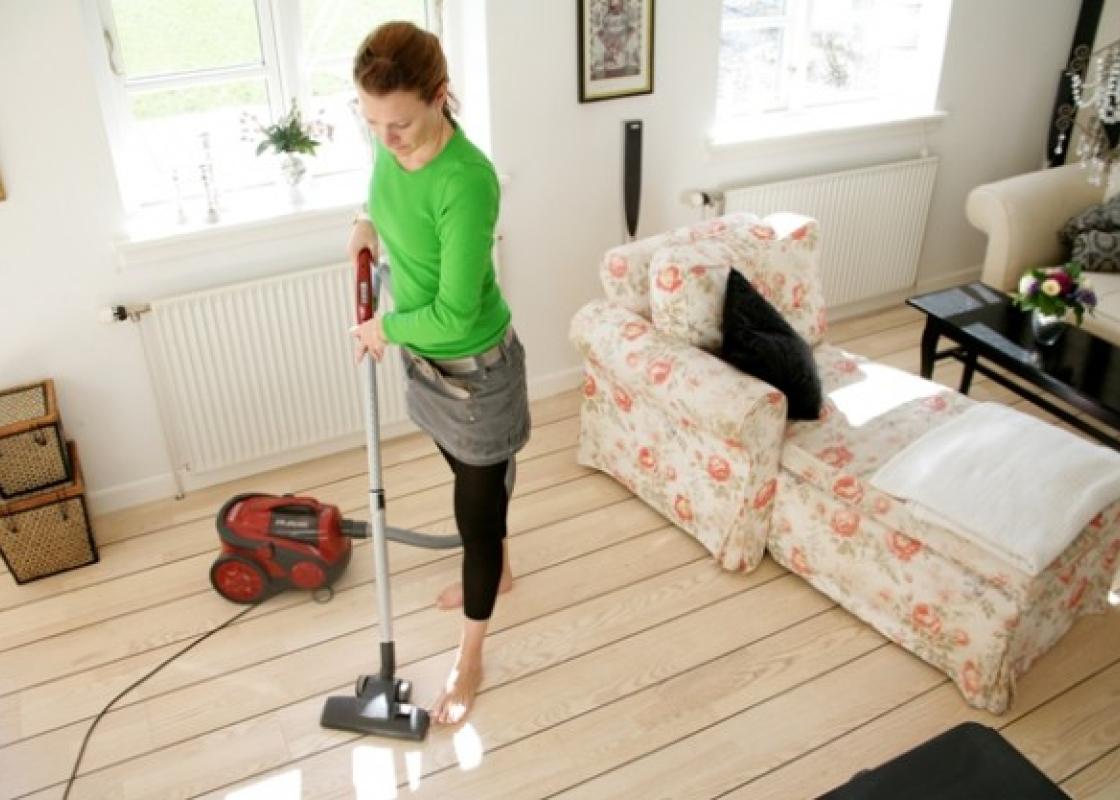“Female migrants from Poland who clean private homes are often in a work situation that falls outside of the regulations regarding employment in Norway. They earn a very low monthly wage, are under-employed and without a security net,” says Line Eldring, Senior Researcher at the Institute for Labour and Social Research (Fafo).
She and her colleague Kristin Alsos, also of Fafo, have studied the situation of Polish domestic workers in the Oslo area. They present their findings in the article “Borderless housework?” which appears in Norwegian in the most recent edition of Tidsskrift for kjønnsforskning (“Journal of Gender Research”). The article is based on a questionnaire, several qualitative interviews with Polish domestic workers, and document studies.
A lack of regulations
The Polonia study, an extensive survey of Polish migrant workers in the Oslo area in 2006, showed an extremely gender-segregated labour market. Polish men are employed in the construction industry while the women work as housecleaners.
“Almost none of the domestic workers in the Polonia study had employment contracts, received holiday pay or earned pension rights,” Eldring explains.
“No effective regulations are in place today. Nor is there any governmental control of an employment relationship in which a worker is employed by a household, and most of the employees are not covered by collective wage agreements.”
“The Norwegian system is based on wage agreements between labour and employer organizations in Norwegian working life. This means that several groups fall outside of the system, including domestic workers. If the workplace is not covered by a collective wage agreement, then the parties are in principle free to set the wage level.”
“In other words, it is completely legal to pay people a very low hourly wage for the work they perform,” says Eldring. In some countries, such as Great Britain and the Netherlands, the wage level of vulnerable groups is secured by a legally established national minimum wage. Then it is not lawful to pay a worker less than a certain amount per hour. Norway does not have such a scheme.”
“The Norwegian Confederation of Trade Unions (LO) has been sceptical towards introducing a legally established national minimum wage in Norway. One reason is that they are afraid a national minimum wage would act as a wage ceiling rather than as a minimum wage level so that the employees would lose out from the scheme. In addition, in Norway the parties in working life have traditionally been the ones to negotiate wages, and the state has not been directly involved in establishing wage levels.”
Service providers, not employees
“In any case, a legally established minimum wage will only serve to improve domestic workers’ situation to a certain extent,” Eldring continues.

A legally established minimum wage would only apply to domestic workers who are employed by a company or household, not if they are self-employed. The majority of domestic workers are self-employed, and this is part of the challenge with regulating the work situation for this group,” says Eldring.
“In legal terms, self-employed domestic workers are considered to be service providers, not employees. They sell their services to the household, and consequently fall under the regulations that protect the consumer rather than the service provider. These regulations assume that consumers are the weaker party and thus are designed to protect them, but these women are often in a subordinate position in relation to the party who hires them.”
To ensure that domestic workers receive a form of minimum wage, Alsos and Eldring propose that a minimum price be established for people who clean private homes – or to put it another way, that services delivered to private homes cannot be purchased for less than an established price.
“Minimum price regulation might ensure that domestic workers receive better pay for their work, and for this reason we recommend that the authorities consider implementing this measure,” Eldring explains.
Unreported income is widespread
Another finding from the study is that the majority of Polish women do not report their income. The researchers also found that many did not have work or residence permits, which were also required of EU citizens up until May 2009, and that a large percentage of the women came to Norway of their own accord. Half of the women did not have a husband or partner.
“This emphasizes their vulnerable position; the majority of them were dependent on their own income,” Eldring notes.
Almost none of them had worked as housecleaners in Poland before coming to Norway. Many of them had an education they could not use.
“The qualitative interviews we conducted showed that most of these women viewed housecleaning as a first step into the Norwegian labour market and that they hoped to find other jobs in the ordinary labour market later on,” Eldring says.
The interviews revealed that there is keen competition among the housecleaners and that there were contentious relationships between the Polish women. Many of them had been duped, and payments to a middleman were often involved. There were also examples of companies that organized the work so that some of the income was reported but most was not.
“This shows that this segment of the labour market is shady,” says the researcher, and she continues:
“Tax deductions for household services could help to clean up the industry, and experience from Sweden suggests that this works. By the same token, this measure rewards the employer, not the employee. And I believe that it is the employees’ situation we must improve. We need better regulation of this group’s work situation and establishing a minimum price might prove beneficial,” Eldring concludes.
Translated by Connie Stultz
Line Eldring is a researcher at FAFO Institute for Labour and Social Research.



